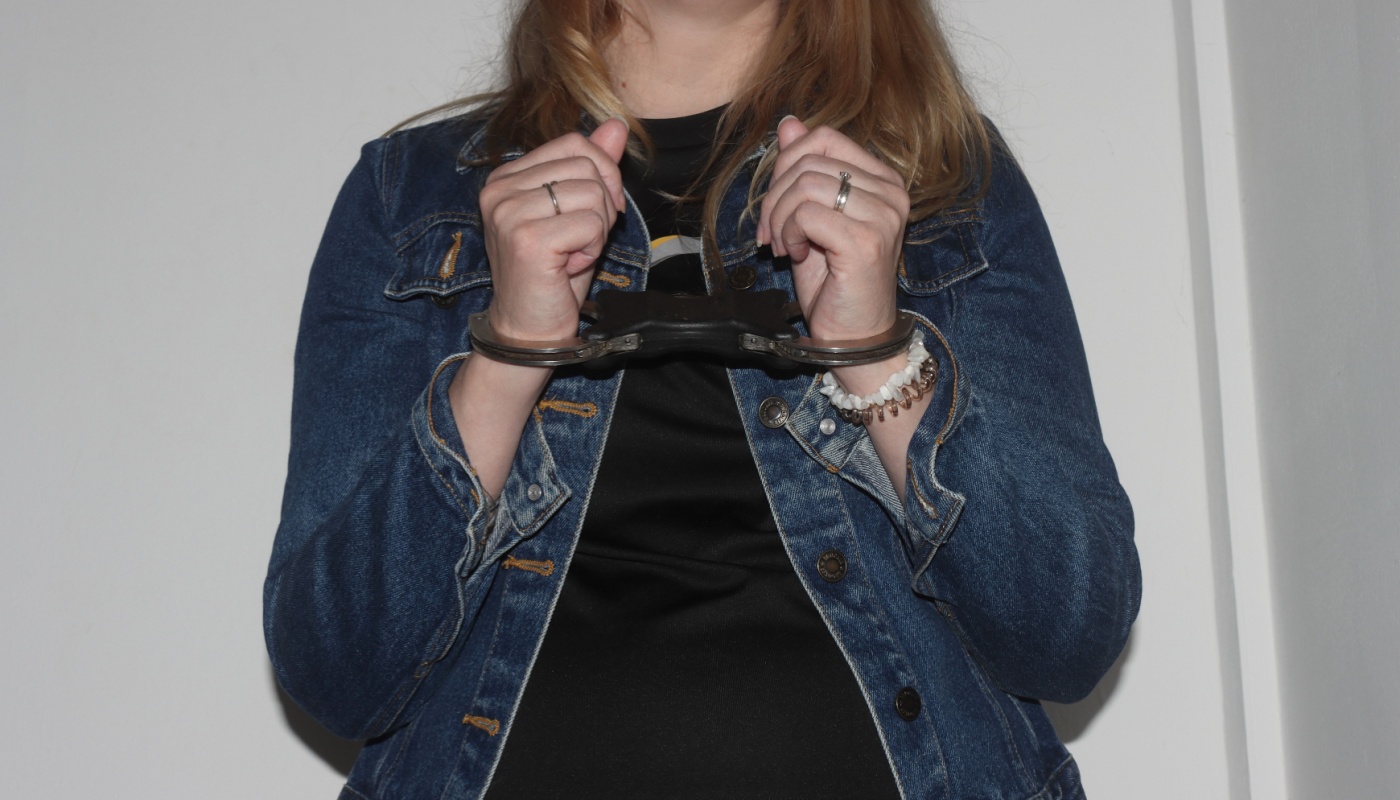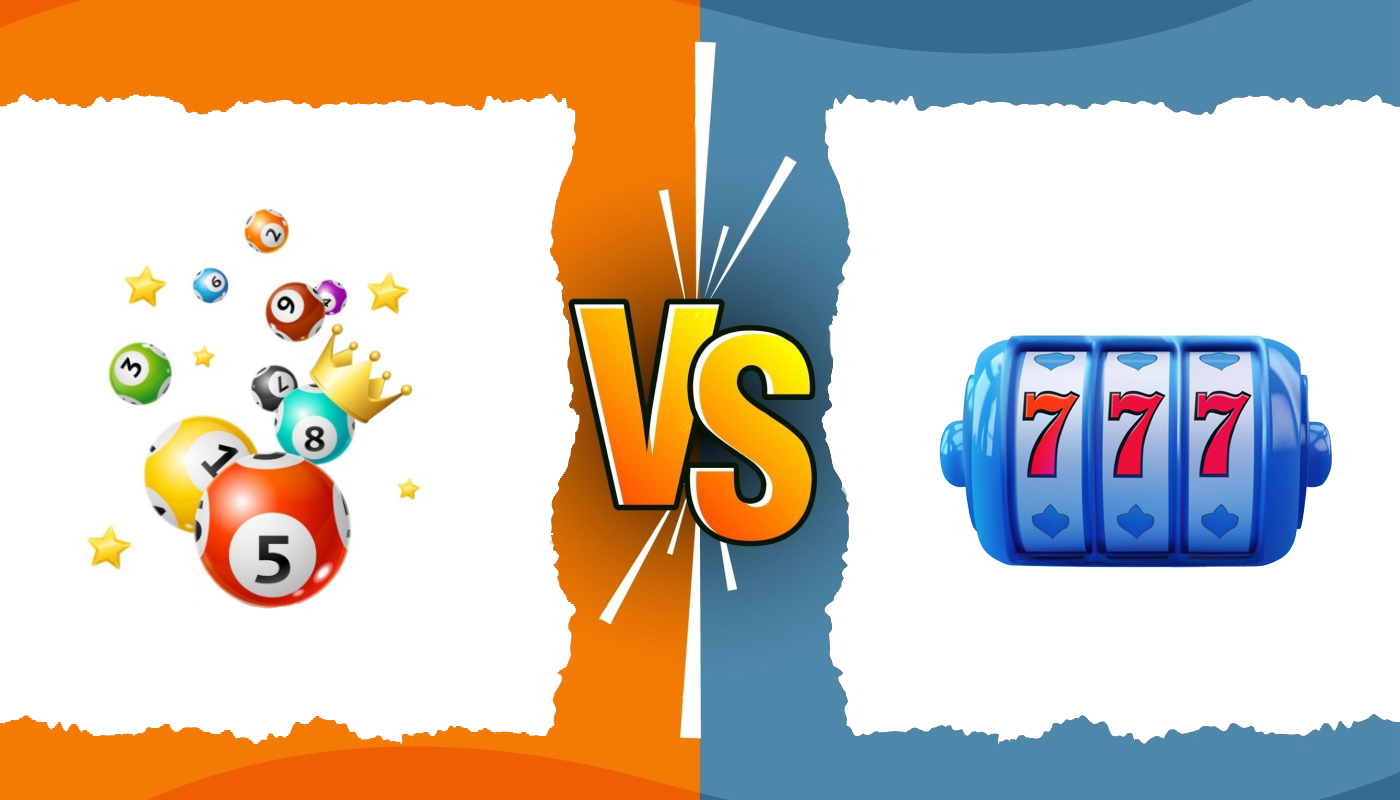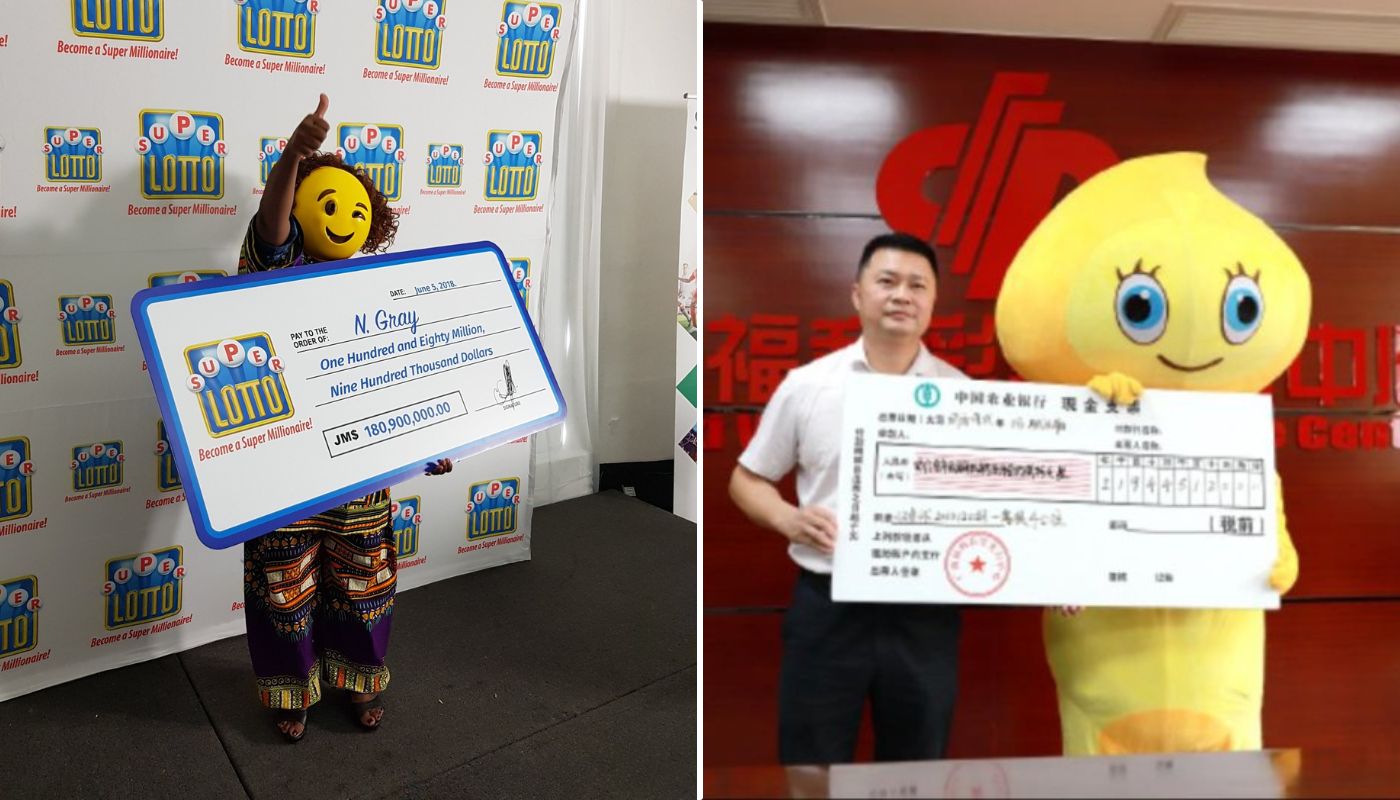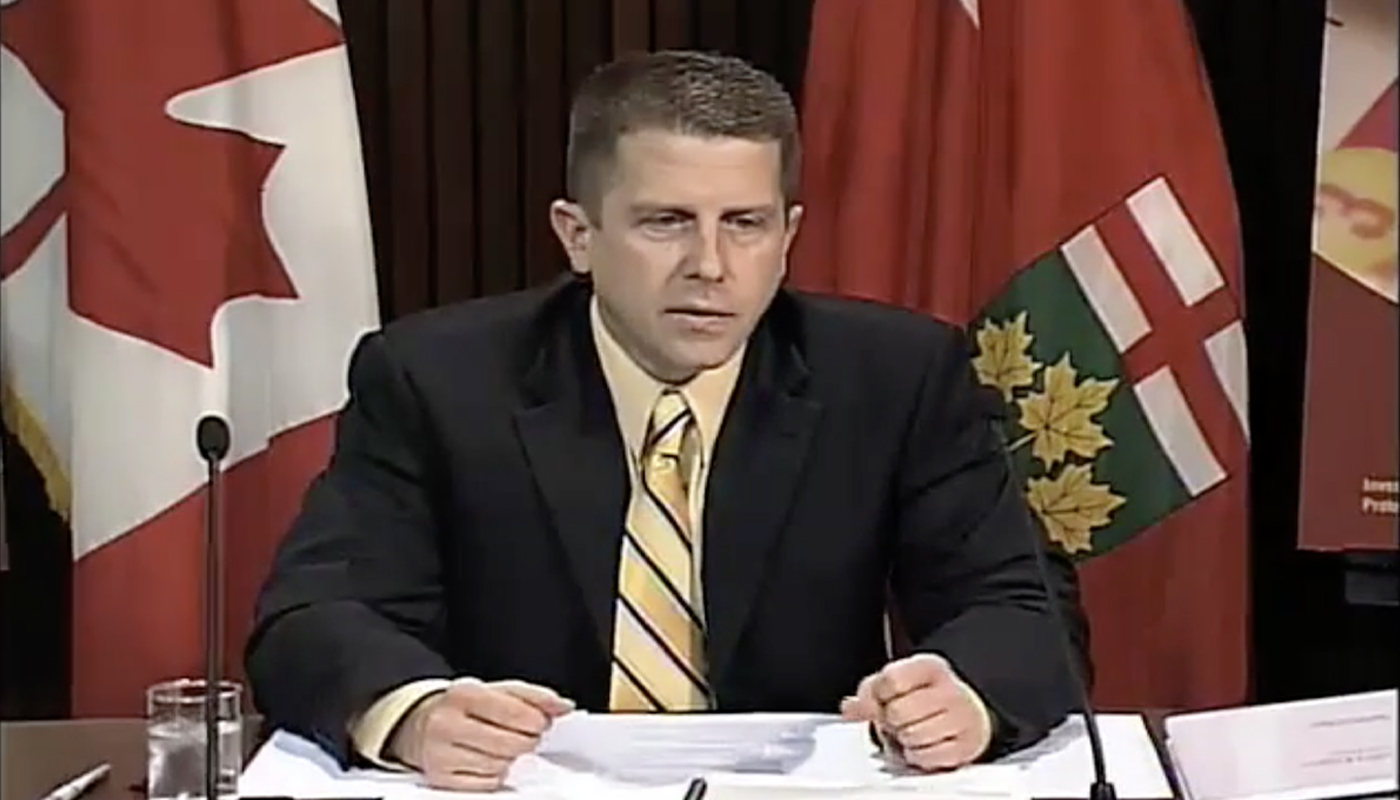
News writer; Opinion columnist
Your odds of making money by playing the lottery aren't great. For example, the odds of winning a Mega Millions jackpot drawing are approximately 1:302,600,000. On the other hand, your odds of making money by running a lottery are actually pretty high.
A Las Vegas gangster once said, “The best way to make money in a casino is to own one.” One Minnesota woman took the racketeer's advice to heart when she used Facebook to set up her own illegal lottery and made a small fortune selling tickets to players through her social media accounts.
But who is the “Razz Queen” of the Iron Range, and how did she have so much success running a freelance game in one of the country's most highly regulated industries?
The Iron Range
The Iron Range is a series of iron ore mines located around Lake Superior in Canada and Minnesota in the United States. It's a rural area, and the biggest towns have a population of just a few thousand people. Other than hunting and camping, there's not a lot to do there, and residents looking for a bit of excitement will usually play the lottery.
That may have been why Kathryn Jean Deblack of Hibbing, Minnesota, decided running her own lottery would be a good idea. In 2021, she created a Facebook group called the Iron Range Razzles and dubbed herself the Razz Queen. Her game offered cash prizes and items, such as a new all-terrain vehicle.
On her Facebook group, she wrote that players “Could win brand new items at a fraction of the price,” and she pledged to use a random number generator to select the winner. While most of her prizes were worth at most a few hundred dollars, she still found dozens of players willing to pay anywhere from $10 to $120 a ticket for a chance to win.
She also told players that they needed to disguise the purpose of their cash transfers to buy tickets, writing in her group:
Venmo payments need to have an emoji in the description, not raffle, please. I was informed they may lock the account because they may worry about it being gambling.
Minnesota nice
While Deblack's scheme was successful, she was hardly a master criminal, and it only took a couple of drawings for state law enforcement to catch on to her. By April 2021, the Minnesota Gambling Control Board received a tip about the Iron Range Razzles Facebook group conducting illegal drawings.
They passed the information on to the state's Alcohol and Gambling Enforcement Division (AGED). Agents from AGED then did the most Minnesota thing ever. Instead of arresting her or even giving her a citation, they sent her a formal letter requesting that she stop running her illegal lotteries.
To be fair to AGED, Deblack only had a few dozen players, and her biggest prizes were worth between $100 and $1,000, so she wasn't exactly running a million-dollar gambling operation.
However, despite receiving a cease and desist letter, Deblack thought she could exploit a loophole that would allow her to keep running her game.
While only government-approved organizations can run lotteries, there is an exception for private organizations that want to run games that benefit charitable organizations. That's why churches can run bingo games, and little leagues can sponsor raffles.
After receiving her letter, Deblack told AGED investigator Jill Ahart that she was donating all proceeds from her lottery to Operation 120, a local charity that sends care packages to military members deployed around the world. She also told Ahart that she would refund ticket buyers and attain 501(c)3 status so that she could legally run raffles on behalf of other charities.
Following their first contact and subsequent conversation with Deblack, AGED marked the matter as closed and considered it an 'educational matter.' But for Deblack, the issue was far from over.
Strike 2
While state authorities may have considered the case closed, Deblack was just getting started with her lottery scheme.
She set up another Facebook lottery and advertised it on a page for local ATV riders. She claimed that she was selling 100 tickets for $120 each. She offered two prizes, including a new ATV and $500 in cash, and told players that she planned to donate $1,000 from ticket sales to 'Mudfest,' an event that benefitted the nonprofit organization Fishing for Vets.
On the day of the drawing, she uploaded a video of herself selecting two names from a bucket to award the prizes.
Once again, AGED investigator Ahart reached out to Deblack about her lottery. The Razz Queen claimed that while she did donate $1,000 to Mudfest, she used the rest of the money to pay off the loan on the ATV, which was a clear violation of the law.
Deblack wrote to Ahart, claiming that it was all just a misunderstanding and that she intended to follow the law this time. She said in her email:
I'm sorry, and I just thought if profit was given to (charity), it would be considered charitable gambling. You clarified all that yesterday. What can I do to avoid being in trouble here? I feel sick about this!
Ahart also spoke with the Fishing for Vets organizers, who claimed they had not sanctioned the Iron Range Razzles drawing and stated that they “do things by the book.”
Strike 3. You're out
While Deblack claimed she truly wanted to follow the rules, her actions told another story. On the same day she was writing to Ahart, Deblack set up yet another private and hidden Facebook lottery group that she named IRR, the initials for Iron Range Razzles.
Her new lottery scheme was both clever and small. She would purchase items that cost $100 and sell twenty tickets for $20 each, ensuring she would make a $300 profit. She used a spinning wheel app on her phone to pick winners and made and took payments through PayPal, Venmo, and other online money transfer services.
In February of 2002, AGED was once again alerted to her illegal lottery, and this time, they were through talking. Ahart obtained search warrants to look through Deblack's social media accounts and payment services. Her investigation revealed that between April 2021 and February 2022, she collected $117,723.57, selling lottery tickets to two hundred players.
While Deblack tried to cover her tracks by deleting her Facebook page, Ahart learned that she had conducted approximately twenty-five raffles between December 2021 and February 2022. On her page, Deblack repeatedly made it clear that she was trying to avoid being detected by AGED and had players send her money using animals, the names of prizes, and random words in the descriptions.
Ahart contacted some of the charitable groups that Deblack claimed to work with, but other than one donation, she could not find any record of her making contributions to these organizations.
After repeatedly defying warnings to end her illegal lottery, Debeck was finally arrested by state law enforcement authorities and charged with 12 gross misdemeanor counts of running an illegal lottery and was arraigned in state district court.
Social media & lotteries
Facebook and other social media platforms have become increasingly popular places to stage small raffles and lotteries. Some, such as Deblack's, are purely for profit, but legitimate companies will also run them for promotional purposes.
Law enforcement uses three factors to determine if an online lottery or sweepstakes is legal: prize, chance, and consideration.
Prize simply means you're offering anything to winners that has monetary value, whether it's cash or any type of object or service.
Chance refers to how winners are selected. If winners are chosen randomly or luck plays into how winners are chosen (as opposed to a defined skill), it's considered a game of chance.
Finally, if any type of payment is required to play or enter the game, that's called a consideration.
Any game that contains all three elements and isn't registered as a charitable nonprofit could potentially be illegal.
For example, when McDonald's runs its popular Monopoly game, it has to offer you a free game piece if you ask for one. If the only way to play was by making a purchase, that would be a consideration, and the game would be illegal.
Law and order
In February 2024, Debeck, who had no previous criminal history, agreed to plead guilty to one gross misdemeanor charge of running an illegal lottery. She admitted that she had run the lottery for less than ten months and collected $117,000 from ticket sales.
When she was first arrested, she faced a maximum penalty of up to twelve years in prison as well as a $36,000 fine. However, as a result of her plea deal, she was sentenced to just one year of unsupervised probation and a $3,000 fine, which means that even with her penalty, she still turned a profit on her operation.
Part of the reason for Debeck's light sentence was that while her lottery was definitely illegal, it wasn't a scam. The people who bought tickets really did win the prizes she promised, and no one has accused her of rigging her drawings.
Debeck is free now, and we'll see if we've heard the last of the Razz Queen.


















Comments